


As the Israeli army stormed to the edges of Gaza City and the Palestinian death toll topped 500, the tell-tale shells could be seen spreading tentacles of thick white smoke to cover the troops’ advance. “These explosions are fantastic looking, and produce a great deal of smoke that blinds the enemy so that our forces can move in,” said one Israeli security expert. Burning blobs of phosphorus would cause severe injuries to anyone caught beneath them and force would-be snipers or operators of remote-controlled booby traps to take cover. Israel admitted using white phosphorus during its 2006 war with Lebanon.
The use of the weapon in the Gaza Strip, one of the world’s mostly densely population areas, is likely to ignite yet more controversy over Israel’s offensive, in which more than 2,300 Palestinians have been wounded.
The Geneva Treaty of 1980 stipulates that white phosphorus should not be used as a weapon of war in civilian areas, but there is no blanket ban under international law on its use as a smokescreen or for illumination.
The Israeli military last night denied using phosphorus, but refused to say what had been deployed. “Israel uses munitions that are allowed for under international law,” said Captain Ishai David, spokesman for the Israel Defence Forces. “We are pressing ahead with the second stage of operations, entering troops in the Gaza Strip to seize areas from which rockets are being launched into Israel.”
The civilian toll in the first 24 hours of the ground offensive — launched after a week of bombardment from air, land and sea— was at least 64 dead. Among those killed were five members of a family who died when an Israeli tank shell hit their car and a paramedic who died when a tank blasted his ambulance. Doctors at Gaza City’s main hospital said many women and children were among the dead and wounded.
The Israeli army also suffered its first fatality of the offensive when one of its soldiers was killed by mortar fire. More than 30 soldiers were wounded by mortars, mines and sniper fire.
Israel has brushed aside calls for a ceasefire to allow humanitarian aid into the besieged territory, where medical supplies are running short.
With increasingly angry anti-Israeli protests spreading around the world, Gordon Brown described the violence in Gaza as “a dangerous moment”.
White phosphorus: the smoke-screen chemical that can burn to the bone
— White phosphorus bursts into a deep-yellow flame when it is exposed to oxygen, producing a thick white smoke
— It is used as a smokescreen or for incendiary devices, but can also be deployed as an anti-personnel flame compound capable of causing potentially fatal burns
— Phosphorus burns are almost always second or third-degree because the particles do not stop burning on contact with skin until they have entirely disappeared — it is not unknown for them to reach the bone
— Geneva conventions ban the use of phosphorus as an offensive weapon against civilians, but its use as a smokescreen is not prohibited by international law
— Israel previously used white phosphorus during its war with Lebanon in 2006
— It has been used frequently by British and US forces in recent wars, notably during the invasion of Iraq in 2003. Its use was criticised widely
— White phosphorus has the slang name “Willy Pete”, which dates from the First World War. It was commonly used in the Vietnam era
Source: Times archives, Timesonline.co.uk
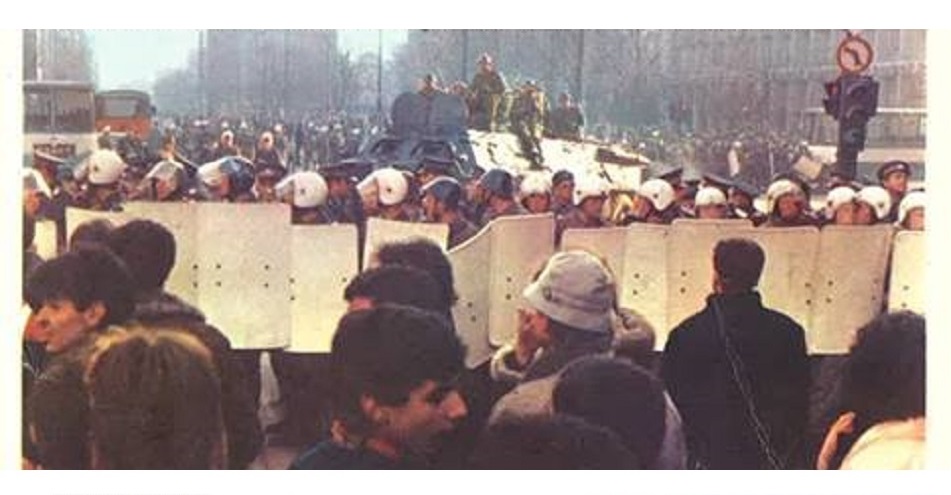
 January 5th, 2009
January 5th, 2009  VR
VR 
 Posted in Uncategorized
Posted in Uncategorized  Tags:
Tags: 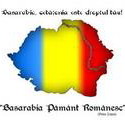






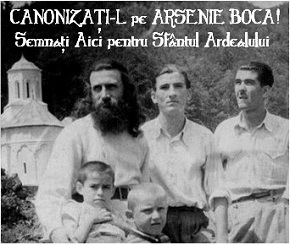


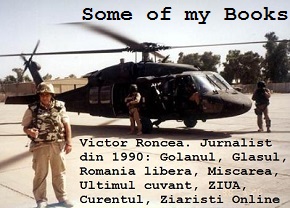
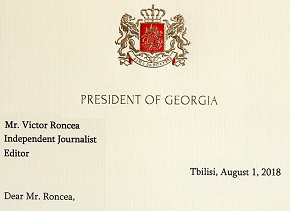

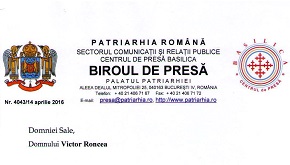

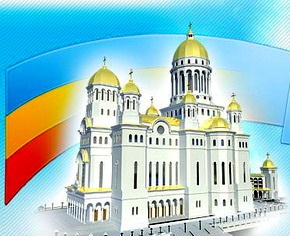

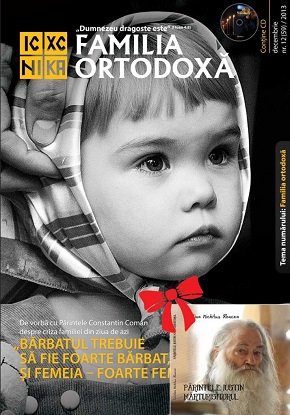

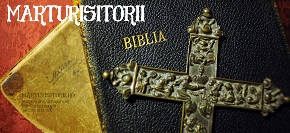


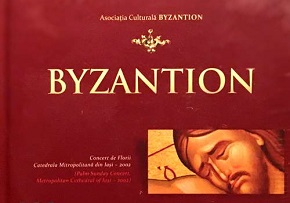







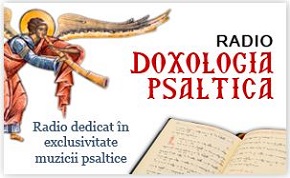





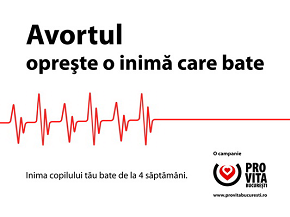
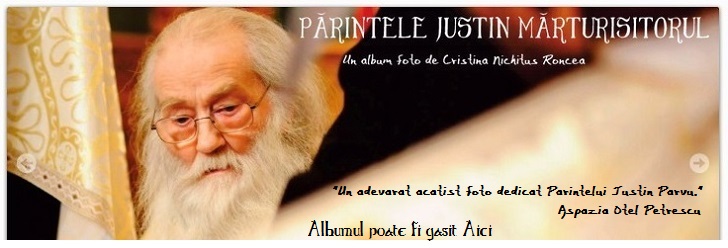
Israel: "Nu este nici o criza umanitara in Gaza; este ceea ce trebuie!". Ziua a saptea. S-a trezit si presa de la noi: 500 de romani blocati in Gaza
In timp ce Israelul sustine ca nu exista nici o criza umanitara in Gaza, dupa sapte zile de bombardamente soldate cu peste 420 de morti si mii de raniti, televiziunile de stiri de la noi si-au dat seama ca razboiul “inexistent” este, totusi, “un subiect”, mai ales ca 500 de romani sunt blocati in Gaza. Pana acum, la punctul de frontiera de la Eretz, au avut prioritate rusii, turcii si niste norvegieni. Romanii, femei si copii, n-ar avea acte la zi. Sa speram ca vor fi salvati inainte ca Isarelul sa declanseze si ofensiva terestra de radere a palestinenilor din Gaza de pe fata pamantului. Pentru a nu (mai) exista nici o criza umanitara…